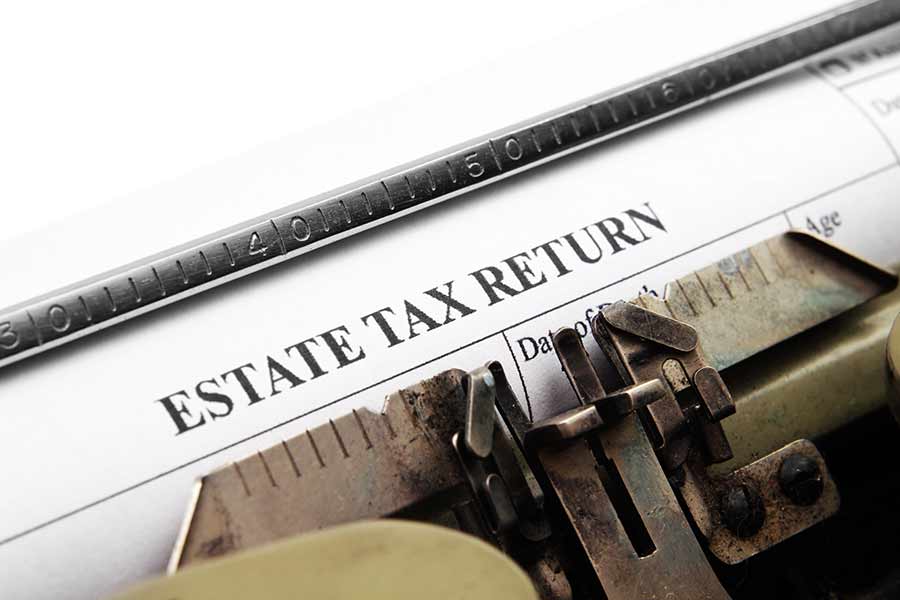Tax reform is coming, and it could happen very soon now that GOP lawmakers in both the House and Senate have agreed upon a reform plan. Depending on whom you believe, the changes will help all taxpayers, or they will just make the rich, richer and give even more tax breaks to large corporations. But no matter whom you believe, and which side of the argument you fall on, there’s no question that this will be the most extensive overhaul of the nation’s tax system in more than three decades. And nearly everyone will be affected one way or another with the proposed tax plan.
Who Is Affected By the Estate Tax?
There are some significant changes, but one change that hasn’t received as much coverage as some of the other changes is the repeal of the estate tax. Initially, lawmakers wanted to eliminate this tax entirely. However, the final proposal calls for doubling the threshold. So what would happen if this tax was repealed, or in this case the threshold was doubled? Whether you love it or hate, the fact is the estate tax affects only a tiny portion of the U.S. population. In fact, as it currently stands, about two out of every 1,000 estates of those who die are subject to the estate tax. That means this tax only affects the wealthiest 0.2 percent of all estates.
How Does it Work?
Here’s how it works. When people die, the inheritance they leave their heirs is subject to federal taxes when the value of that inheritance exceeds the estate tax threshold. So what is the threshold? For individuals, the amount is $5.5 million, and for couples, it’s $11 million. Additionally, the IRS only taxes the amount of the estate that exceeds the threshold level. In other words, an individual who receives an inheritance of $6 million would only pay taxes on the $500,000 above the threshold. The IRS would tax the top level at 40%.
Threshold Would Climb Higher
Under the proposal, the threshold would increase to $11 million and $22 million respectively. Those who oppose the tax claim that it unfairly burdens families, small businesses and farmers who have worked so hard to create and protect their wealth. They also claim that it’s just unfair to tax someone twice on the same assets. Lastly, opponents of the tax say it inhibits job growth because it can hurt small businesses. On the other hand, others are critical of the tax because the wealthy can use so many other loopholes and tax-saving measures to avoid paying the taxes. On the other hand, people claim the wealthy take advantage of many different loopholes to avoid paying the estate tax anyway.
Is it Fair?
Additionally, those who favor the estate tax say it doesn’t really hurt small businesses and that much of the inheritance money that people leave behind has never been taxed in the first place. How is that possible? The reality is, much, if not most of the assets that are passed down when a wealthy person passes away are actually made of up stocks, real estate, and other non-cash assets. Many of these have increased in value over the years without being taxed. And the fact is, they won’t be taxed until they are finally sold, at which time they would be subject to capital gains tax.
How Much Would Be Lost?
So who much would be lost if the estate tax were repealed or greatly reduced? According to the Treasury Department, the government expects to collect about $20 billion from the estate tax this year, which is minimal compared to the $3 trillion the government expects to collect this year. However, $20 billion is still a significant amount of money that could be used for several programs and services. In addition, that lost revenue would also contribute to an even greater national deficit, which is estimated to increase by $1.46 trillion over the next 10 years, if the tax reform proposal becomes law. It remains to be seen if this and the other changes are made, but the wait will likely be over very soon.



Leave a Reply
You must be logged in to post a comment.